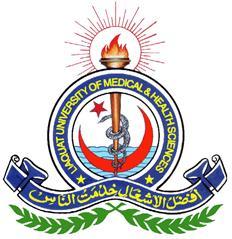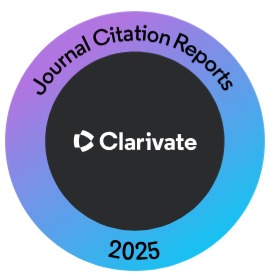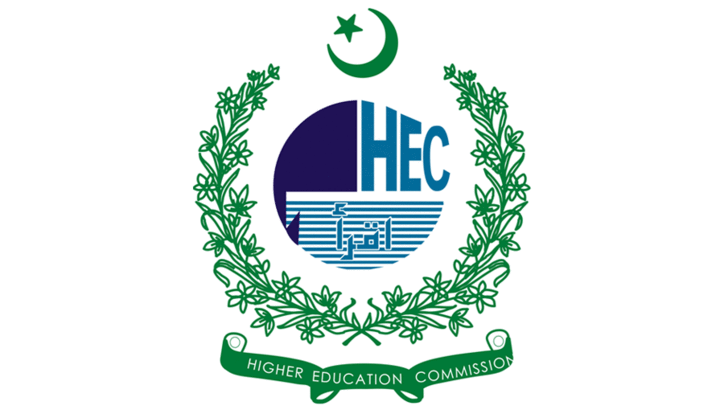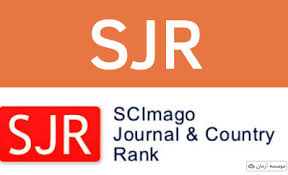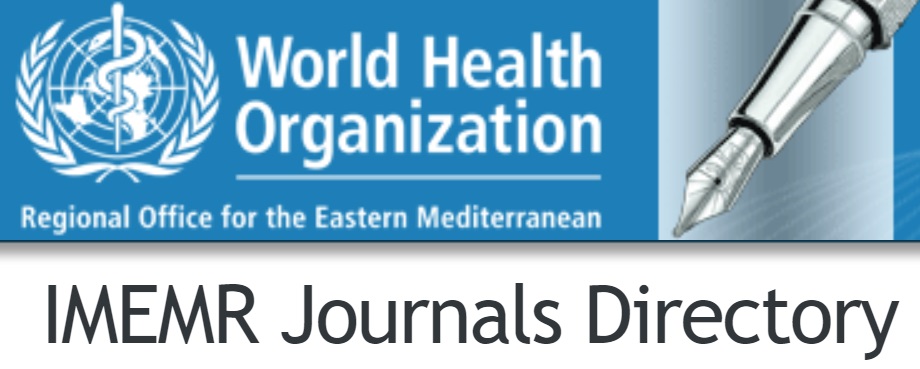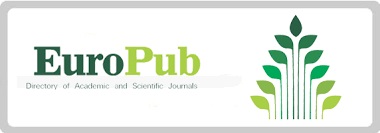Exploring the Lived Experience of Early Hypertension: Insights from Traditional Medicine Perspectives
Keywords:
Traditional medicine; Persian medicine; Blood pressure; Temperament, HypertensionAbstract
OBJECTIVE: To elicit symptoms, risk factors, and habits existing before or right after blood pressure elevation in newly diagnosed patients with hypertension from the traditional Persian medicine perspective.
METHODOLOGY: This was a concurrent nested mixed-method study conducted in 2018. We included newly diagnosed cases of hypertension (BP?140/90 mmHg in two consecutive screenings) in the study. In contrast, those who had a history of hypertension or used anti-hypertension medication were excluded. The participants were surveyed and interviewed to identify their temperament and extract their recent experiences with hypertension. The sampling followed the criterion-based purposive technique, and the sample size was defined based on qualitative data saturation. The recorded interviews were transcribed and coded according to Persian medicine until no new code emerged.
RESULTS: Twenty participants were interviewed, and two themes were extracted: (i) primary or predisposing factors, such as warm temperament, change of residence, improper eating habits, abrupt cessation of exercise, psychological factors, and irregular sleep patterns, and (ii) early symptoms that occur at the first sign of rising blood pressure, including digestive complaints and changes in body excretion, psychological manifestations, and unclassifiable general symptoms.
CONCLUSION: Physicians are advised to pay attention to these items when taking a history from patients to prevent hypertension and treat it at its early stages.
References
Nainggolan E, Sopacua G, Lodiay R, Pakpahan M, Irene D. The correlation of family knowledge and behavior in controlling hypertension in patients at outpatient Department. Int J Nurs Midwif. 2021; 5(2): 149-156. doi: 10.29082/IJNMS/2021/Vol5/Iss2/353.
Ghods R, Gharouni M, Amanlou M, Sharifi N, Ghobadi A, Amin G. Effect of Onopordon acanthium L. as Add on Antihypertensive Therapy in Patients with Primary Hypertension Taking Losartan: a Pilot Study. Adv Pharm Bull. 2018; 8(1): 6-75. doi: 10.15171/apb.2018.009.
Ghods R, Gharooni M, Amin G, Nazem E, Nasrabadi AN. Hypertension from the perspective of Iranian traditional medicine. Iran Red Crescent Med J. 2014; 16(3): e16449. doi: 10.5812/ircmj.16449. Epub 2014 Mar 5.
Navabzadeh M, Shojaii A, Nakhaei I, Ghods R. A New Outlook on Hypertension (Avicenna's Viewpoints). Crescent J Med Biol Sci. 2020; 7(2): 291-94.
Mojahedi M, Naseri M, Majdzadeh R, Keshavarz M, Ebadini M, Nazem E et al. Reliability and validity assessment of Mizaj questionnaire: a novel self-report scale in Iranian traditional medicine. Iran Red Crescent Med J. 2014; 16(3): e15924. doi: 10.5812/ircmj.15924.
Pope C, Mays N. Qualitative research in health care: Wiley Online Library. First published: 6 Dember 2019. doi: 10.1002/9781119410867.
Belgrave L, Seide K. Coding for grounded theory. In: Bryant A, Charmaz K, editors. The SAGE handbook of current developments in grounded theory. New Delhi: SAGE; 2019. p. 167-85.
Navabzadeh M, Shojaii A, Nakhaei I, Ghods R. A New Outlook on Hypertension (Avicenna's Viewpoints). Crescent J Med Biol Sci. 2020; 7(2): 291-94.
Rajati F, Hamzeh B, Pasdar Y, Safari R, Moradinazar M, Shakiba E et al. Prevalence, awareness, treatment, and control of hypertension and their determinants: Results from the first cohort of non-communicable diseases in a Kurdish settlement. Sci Rep. 2019; 9(1): 12409. doi: 10.1038/s41598-019-48232-y.
Narita K, Hoshide S, Kario K. Seasonal variation in blood pressure: current evidence and recommendations for hypertension management. Hypertens Res. 2021; 44(11): 1363-72. doi: 10.1038/s41440-021-00732-z. Epub 2021 Sep 6.
Aubinière-Robb L, Jeemon P, Hastie CE, Patel RK, McCallum L, Morrison D et al. Blood pressure response to patterns of weather fluctuations and effect on mortality. Hypertension. 2013; 62(1): 190-6. doi: 10.1161/HYPERTENSIONAHA.111.00686. Epub 2013 May 6.
Shirazi MT. Tashil al-Elaj va Resale-e Hafez al-. Sehheh. 1 ed. Qom Institute Nat Med Rehabil. 2007; 41-53.
Sumida K, Molnar MZ, Potukuchi PK, Thomas F, Lu JL, Yamagata K et al. Constipation and risk of death and cardiovascular events. Atherosclerosis. 2019; 281: 114-20. doi: 10.1016/j.atherosclerosis.2018.12.021. Epub 2018 Dec 23.
Navabzadeh M, Hashem-Dabaghian F, Kazemi T, Shojaii A, Nakhaei I, Hadinia J et al. Effect of a Persian medicine preparation, Ma'aljobon, on constipation in patients with hypertension. J Res Med Sci. 2019; 20: 100. doi: 10.4103/jrms.JRMS_66_19.
Ishiyama Y, Hoshide S, Mizuno H, Kario K. Constipation?induced pressor effects as triggers for cardiovascular events. J Clin Hypertens(Greenwich). 2019; 21(3): 421-5. doi: 10.1111/jch.13489. Epub 2019 Feb 13.
Hamidi EM, Khaksari M, Hojabri K. The Effects of Aqueous Extracts of Echium Amoenum and Citrus Aurantiflia on Blood Pressure and Heart Rate before and after phynelephrine Injection in Rat. J Kerman Univ Med Sci. 2011; 18(4): 349-357.
Pasalar M. A set of clinical guidelines for simple methods of diagnosis and treatment of diseases in Persian medicine, step-by-step treatment of non-alcoholic fatty liver. Tehran: Iranian Tib; 2019.
Gharooni M, Ghods R, Gholamreza A, Nazem E, Nasrabadi AN. Probable Etiology of Hypertension According To the Iranian Traditional Medicine. Iran J Public Health. 2014; 43(6): 851-2.
Avicenna. Al Qanun Fil Tibb (Canon of Medicine). New Delhi: Jamia Hamdard Printing Press; 1988.
Van Ryswyk E, Mukherjee S, Chai-Coetzer CL, Vakulin A, McEvoy RD. Sleep disorders, including sleep apnea and hypertension. Am J Hypertens. 2018; 31(8): 857-64. doi: 10.1093/ajh/hpy082.
Deng N, Kohn TP, Lipshultz LI, Pastuszak AW. The relationship between shift work and men's health. Sex Med Rev. 2018; 6(3): 446-456. doi: 10.1016/j.sxmr.2017.11.009. Epub 2018 Jan 19.
Nascimento JOV, Santos Jd, Meira KC, Pierin AMG, Souza-Talarico JN. Shift work of nursing professionals and blood pressure, burnout and common mental disorders. Rev Esc Enferm USP. 2019; 53: e03443. doi: 10.1590/S1980-220X2018 002103443.
Arzani MA. Mofarreh Al-Gholob. 1 ed. Tehran – Iran: Al-maei Publication; 2012.
Chashty MAK. The Great Elixir. Tehran - Iran: Institute of History of Islamic Medicine and Complementary of Iran University of Medical Sciences; 2008.
Downloads
Published
How to Cite
Issue
Section
License
Copyright (c) 2024 Journal of Liaquat University of Medical & Health Sciences

This work is licensed under a Creative Commons Attribution-NonCommercial-ShareAlike 4.0 International License.
Submission of a manuscript to the journal implies that all authors have read and agreed to the content of the undertaking form or the Terms and Conditions.
When an article is accepted for publication, the author(s) retain the copyright and are required to grant the publisher the right of first publication and other non-exclusive publishing rights to JLUMHS.
Articles published in the Journal of Liaquat University of Medical & health sciences are open access articles under a Creative Commons Attribution-Noncommercial - Share Alike 4.0 License. This license permits use, distribution and reproduction in any medium; provided the original work is properly cited and initial publication in this journal. This is in accordance with the BOAI definition of open access. In addition to that users are allowed to remix, tweak and build upon the work non-commercially as long as appropriate credit is given and the new creations are licensed under the identical terms. Or, in certain cases it can be stated that all articles and content there in are published under creative commons license unless stated otherwise.


